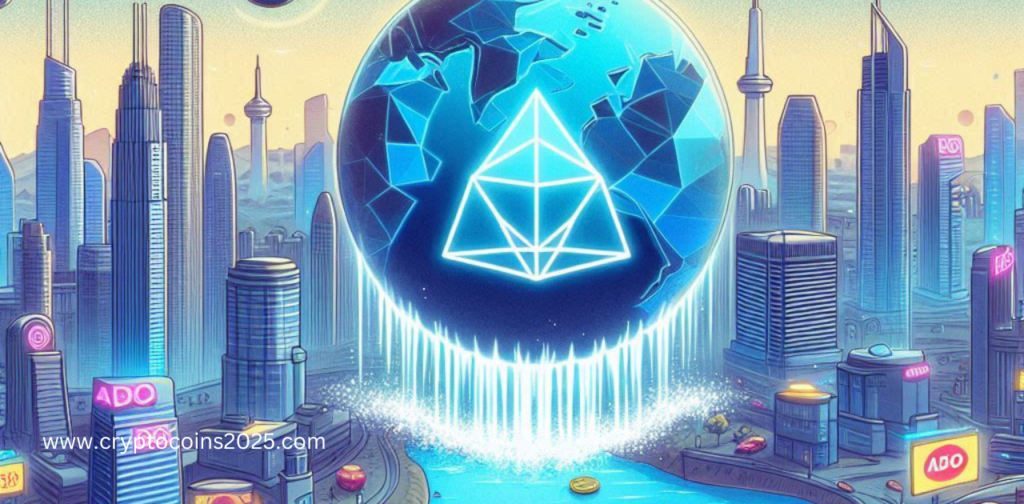Contents
Shifting the Social Sector: The Rise of Decentralized Social Media Platforms
We know that the social media landscape is dominated by a handful of powerful corporations. But a growing movement is challenging this status quo: decentralized social media platforms. These platforms are built on different principles, giving users more control over their data, privacy, and online experience. Let’s explore the reasons behind the growing popularity of decentralized social media and what it means for the future of online interactions.

- User empowerment: Decentralized platforms prioritize user control. Users own their data and can choose how to use it, unlike traditional platforms that monetize user data.
- Increased privacy: Decentralized social media often leverages blockchain technology, which provides greater privacy by eliminating the need for a central authority to store user data.
- Censorship resistance: Decentralized platforms are resistant to censorship because there is no single entity controlling content. This makes the online environment more open and democratic.
- Freedom of expression: Users have more freedom to express themselves without fear of arbitrary content moderation by powerful corporations.
- Potential for monetization: Some decentralized platforms explore ways for users to directly monetize their content and interactions, bypassing traditional advertising models.
Centralized vs. Decentralized Social Media: A Comparison
| Characteristics | Centralized Social Media | Decentralized Social Media |
|---|---|---|
| Control over data | Limited | User-owned |
| Privacy | Less | Potentially greater |
| Censorship | More sensitive | More resistant |
| Freedom of expression | More restricted | Potentially greater |
| Monetization | Primarily through advertising | User-driven model under exploration |
The Way Forward: Challenges and Opportunities

Decentralized social media is still in its early stages, and it faces the following challenges:
- Scalability: It can be challenging to accommodate a large user base with existing technology.
- User Interface (UI) and User Experience (UX): Decentralized platforms may require more of a learning curve for users accustomed to traditional social media interfaces.
- Regulation: The evolving regulatory landscape around blockchain and social media needs to be considered.
Despite these obstacles, the potential of decentralized social media cannot be denied. As technology advances, usability improves, and regulations adapt, we can expect to see these platforms grow and evolve, providing users with a more empowering and democratic online experience.
Frequently Asked Questions

- What are some examples of decentralized social media platforms? Diaspora, Mastodon, and Minds are some popular examples.
- Are decentralized social media platforms secure? Security depends on the specific platform and its implementation of blockchain technology. It is important to research the platform’s security features.
- Will decentralized social media replace traditional platforms? Although unlikely to replace them completely, decentralized platforms offer an attractive alternative and could lead to a more diverse social media landscape.
The rise of decentralized social media reflects a growing desire for user control and a more open online environment. As this movement gains momentum, the future of social media promises to be more user-centric and empower individuals to connect and share information on their own terms.

